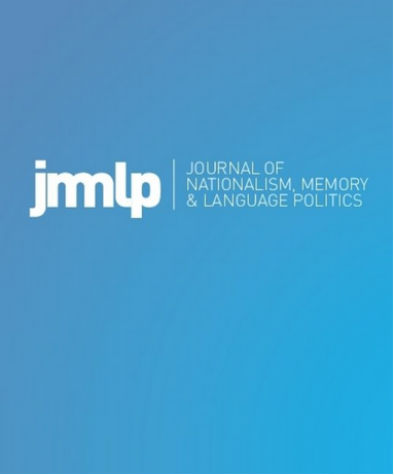Gender Labor Policies in the Franco Dictatorship (1939–75): The Discursive Construction of Normative Femininity

Otero-González, U. (2020): “Gender Labor Policies in the Franco Dictatorship (1939–75): The Discursive Construction of Normative Femininity”, en Journal of Nationalism, Memory & Language Politics, Vol. 14, p. 196-225
This article analyzes the labor gender policies and the strategies of “genderization” put forward by the Franco Dictatorship in Spain. The Franco regime understood that women were the touchstone of society and key in both biological and sociocultural reproduction. Legislative regulations and sanctioned discourses accentuated the division between productive-public and reproductive-domestic spheres, relegating women to the latter. Nevertheless, to what extent did women embrace and challenge the regime's idealistic view of gender? This article contemplates female employment within and beyond official discourse. Oral sources used in this article suggest that socioeconomic reality overflowed the narrow limits of normative femininity. Not all women could enjoy the “honor” of embodying the exalted role of “perfect (house) wife” that the Franco regime had entrusted to them. In addition, this article explores changes in the ideal of femininity throughout the dictatorship. The Franco regime underwent crucial transformations during its almost 40 years of existence. This article argues that its adaptation had repercussions on sociocultural patterns and gender policies. Francoism built its early notion of normative femininity on the ideals of domesticity and Catholic morality, but (re)shaped the meanings of womanhood and (re)adjusted the legal system to fit the new circumstances that arose in the Cold War context.